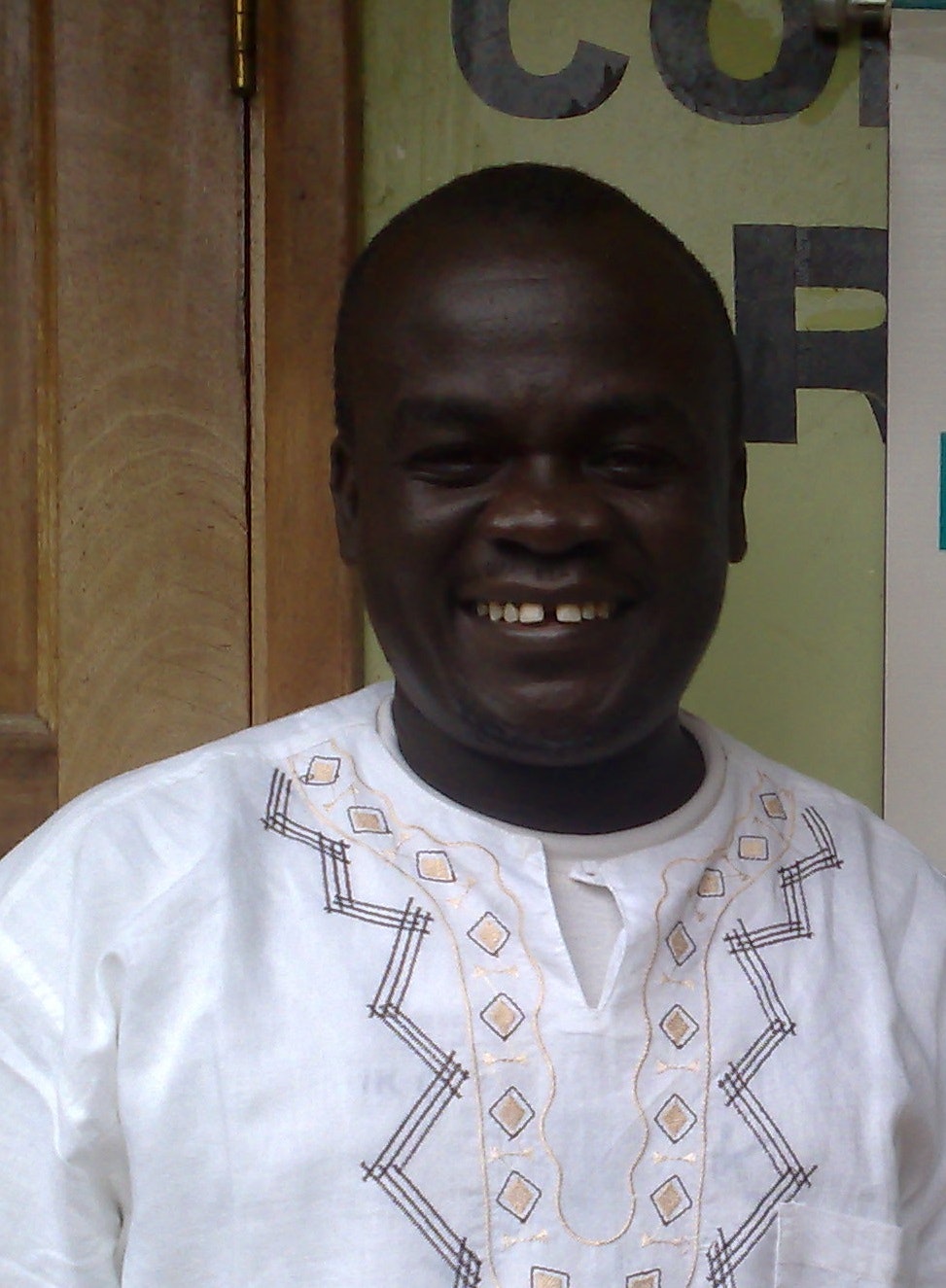Conservation and Improved livelihoods at Lake Victoria Wetland
 Lake Victoria is world-renowned for its specialized wetland species, including the Sitatunga , a rare semi-aquatic antelope, Vervet monkey, Hippopotamus, and Spotted-necked Otter. Its satellite lakes also hold many endemic species of fish that long disappeared from Lake Victoria. Despite its natural treasures, this important wetland area is under increasing threat due to anthropogenic pressures, including wetland reclamation for agriculture, the over-harvesting of papyrus for handicraft and cottage industries, sand harvesting, and the burning of wetlands for fishing and settlement.
Lake Victoria is world-renowned for its specialized wetland species, including the Sitatunga , a rare semi-aquatic antelope, Vervet monkey, Hippopotamus, and Spotted-necked Otter. Its satellite lakes also hold many endemic species of fish that long disappeared from Lake Victoria. Despite its natural treasures, this important wetland area is under increasing threat due to anthropogenic pressures, including wetland reclamation for agriculture, the over-harvesting of papyrus for handicraft and cottage industries, sand harvesting, and the burning of wetlands for fishing and settlement.
 Poaching of declining species such as the Sitatunga, otter and hippopotamus is also on the increase. These activities threaten not just the charismatic species of Lake Victoria but also the linked ecosystem goods and services that are critical to biodiversity integrity and give livelihood security to local communities. As the ecosystem comes under greater pressure, human-wildlife conflicts are worsening. Hippos invade farms, destroy crops and even cause human deaths as their grazing range becomes restricted.
Poaching of declining species such as the Sitatunga, otter and hippopotamus is also on the increase. These activities threaten not just the charismatic species of Lake Victoria but also the linked ecosystem goods and services that are critical to biodiversity integrity and give livelihood security to local communities. As the ecosystem comes under greater pressure, human-wildlife conflicts are worsening. Hippos invade farms, destroy crops and even cause human deaths as their grazing range becomes restricted.

This project aims to bring successful conservation to the Lake Victoria region and to improve the livelihoods of local communities by targeting Dunga Swamp and Yala Wetland. Led by Leonard Omondi Akwany, a young graduate with an MSc Environmental Science, Policy and Management from the University of Manchester, the team at Ecofinder Kenya is mobilizing local people and developing partnerships to deliver sustainable alternative livehoods for wetland households which will alleviate human pressure on the natural environment. The project will cover villages in three districts; in Kisumu, Siaya and Bondo, and target resource users, the majority of whom are women and youth.
 The Associate Award is making it possible for Leonard to develop new solutions to the challenges at Lake Victoria. Stakeholders will be trained, and involved in site-specific conservation groups and conservation education programmes that will raise public awareness of the need for wetland conservation and a change in attitudes.
The Associate Award is making it possible for Leonard to develop new solutions to the challenges at Lake Victoria. Stakeholders will be trained, and involved in site-specific conservation groups and conservation education programmes that will raise public awareness of the need for wetland conservation and a change in attitudes.  Another important part of the work is the development of a community-led monitoring scheme for the wetland, the data from which will be used to inform habitat restoration. There is an urgent need for community and institutional empowerment, and the livelihood aspect of this work will directly affect more than 1,000 (Dunga) and 2,000 (Yala) households. Beyond the local community, it is hoped in the longer term that this work will provide a model to be replicated in other satellite wetlands not only in Kenya but Uganda and Tanzania.
Another important part of the work is the development of a community-led monitoring scheme for the wetland, the data from which will be used to inform habitat restoration. There is an urgent need for community and institutional empowerment, and the livelihood aspect of this work will directly affect more than 1,000 (Dunga) and 2,000 (Yala) households. Beyond the local community, it is hoped in the longer term that this work will provide a model to be replicated in other satellite wetlands not only in Kenya but Uganda and Tanzania.



